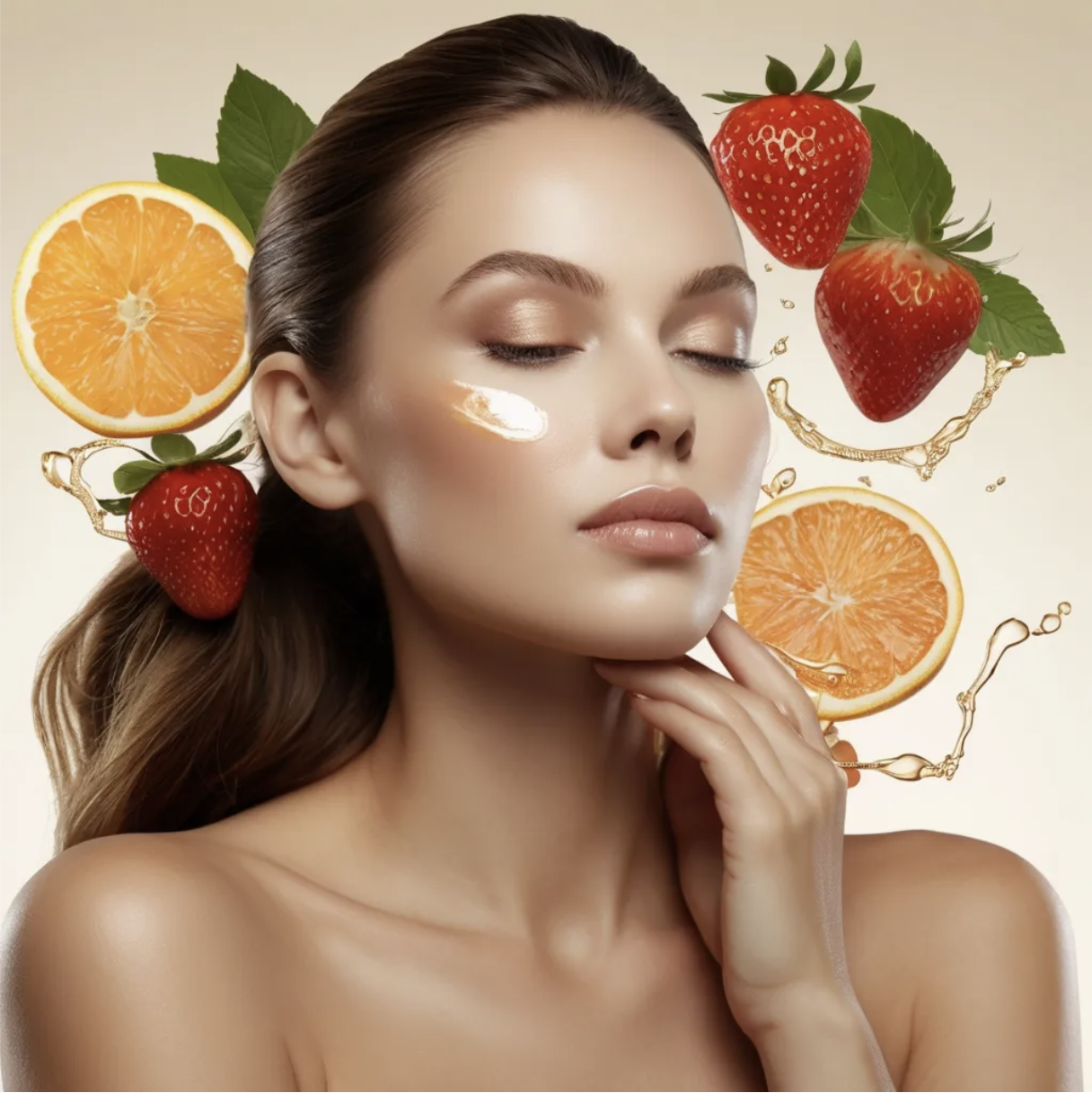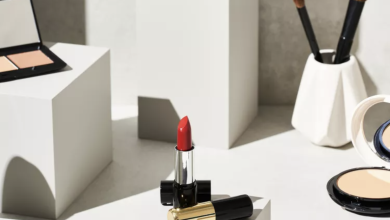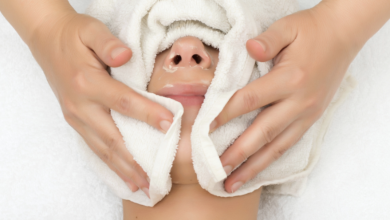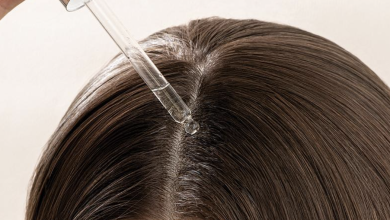Collagen: Understanding Its Role and Advantages

Collagen is highly celebrated in the beauty industry for its myriad of benefits, especially in enhancing skin, hair, and nails. This protein plays a crucial role in maintaining the structural integrity of connective tissues throughout the body, making it a staple in many cosmetic products. Here, we delve into the essentials of collagen, including how to boost its levels naturally and sustain its benefits as we age.
Understanding Collagen
Collagen is the most plentiful protein in the body, essential for supporting the strength and elasticity of skin, ligaments, tendons, cartilage, and bones. Naturally produced by the body, collagen production diminishes with age, exacerbated by factors like smoking, sun exposure, and poor diet. This decrease often leads to visible signs of aging, such as wrinkles and joint pain.
Fortunately, boosting your body’s collagen is achievable through supplements and dietary choices that encourage its production.
The Beauty Benefits of Collagen
Collagen’s primary beauty benefit is its ability to enhance skin elasticity and firmness, counteracting sagging and the development of fine lines as natural collagen levels decline with age. Regularly increasing collagen, either through diet or supplements, can help maintain the skin’s youthful appearance.
Additionally, collagen supports the structural health of hair and nails, promoting thickness and strength, and reducing brittleness.
Vegan Sources of Collagen
While traditional sources of collagen are animal-based, there are effective vegan alternatives for boosting collagen synthesis in the body:
- Collagen-Boosting Nutrients:
- Vitamin C: Crucial for collagen production, Vitamin C aids in transforming amino acids into collagen. It’s abundant in fruits and vegetables like bell peppers, strawberries, and citrus fruits.
- Amino Acids: As the building blocks of proteins, essential amino acids like glycine, lysine, and proline are vital for collagen production and can be found in plant-based foods such as beans, mushrooms, and leafy greens.
- Minerals: Copper, zinc, and silica play roles in collagen synthesis, available in whole grains, lentils, nuts, and seeds.
- Antioxidant-Rich Foods: Eating foods high in antioxidants can help combat the degradation of collagen by neutralizing free radicals. Berries, seeds, and dark leafy greens are excellent sources of these protective nutrients.
- Vegan Collagen Supplements: Although most collagen supplements are derived from animal products, there are vegan options available that contain plant-based ingredients to support the body’s natural collagen production.
Integrating Collagen into Your Beauty Routine
Incorporating collagen into your routine, whether through dietary changes, supplements, or topical products, can significantly enhance not just your appearance but also the health of your skin, hair, and nails. These methods allow for a holistic approach to beauty, emphasizing natural enhancement and overall well-being.
Conclusion
Collagen’s extensive benefits make it a valuable protein for more than just anti-aging effects; it’s also essential for maintaining overall bodily health. As we age, supporting our body’s ability to produce collagen can lead to lasting beauty and vitality, achievable even through vegan-friendly means. This approach ensures you can enjoy the full benefits of collagen while adhering to a plant-based lifestyle.



